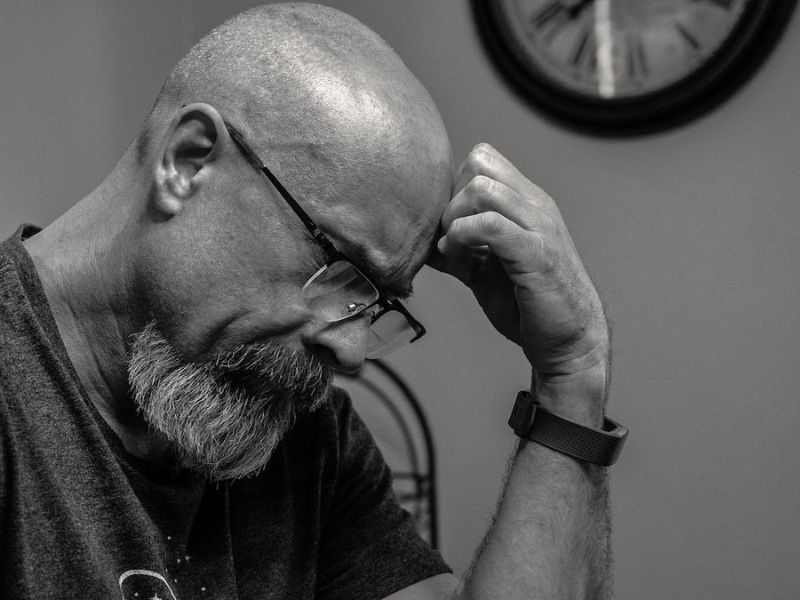Stress and depression are standard terms often used interchangeably to describe emotional distress. However, they are not the same thing. While stress and depression can negatively impact mental and physical health, they are distinct conditions with different symptoms and treatments.
Stress is a natural response to challenging or threatening situations, such as a deadline at work or a conflict with a loved one. It triggers the body’s “fight or flight” response, leading to increased heart rate, faster breathing, and heightened senses. Symptoms of stress include irritability, anxiety, and physical tension. Stress can be short-term or long-term, and when managed well, it can even be motivating.

Image Credit: Pexels/Mart Production & Pexels/Pixabay
Depression is not a normal response to stress but a severe medical condition requiring professional treatment. It affects how a person thinks, feels, and behaves and can lead to physical symptoms such as fatigue and changes in appetite. On the other hand, depression is a mood disorder characterized by persistent sadness, hopelessness, and a lack of interest in activities once enjoyed.
Depression requires more specialized treatment than stress management, such as deep breathing, meditation, and exercise. It may include therapy, medication, or a combination of both.

Image Credit: Pexels/Brett Sayles
It’s essential to recognize the difference between stress and depression to seek the appropriate help. Mental health professionals can diagnose and treat both conditions effectively. However, because of the overlap in symptoms, it’s easy to mistake one for the other. If you are experiencing symptoms that persist beyond a few weeks, it’s essential to speak with a doctor or mental health professional for an accurate diagnosis and treatment plan.
In conclusion, stress and depression are not interchangeable terms. While stress is a normal response to challenging situations, depression is a severe medical condition that requires professional help. Understanding the difference between the two can help you seek the appropriate care and support for your mental health.